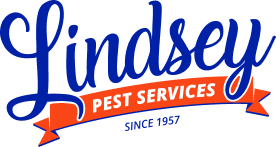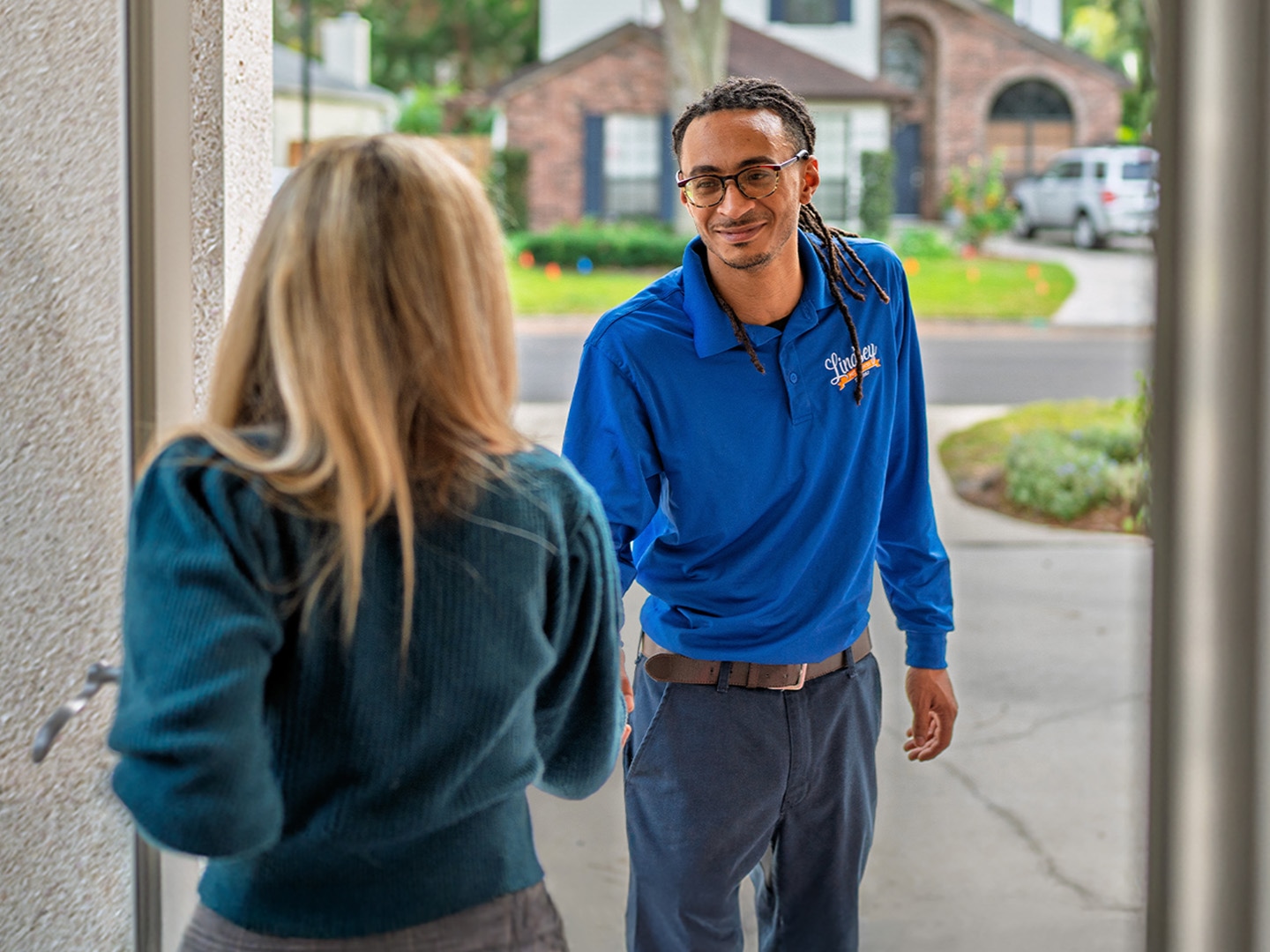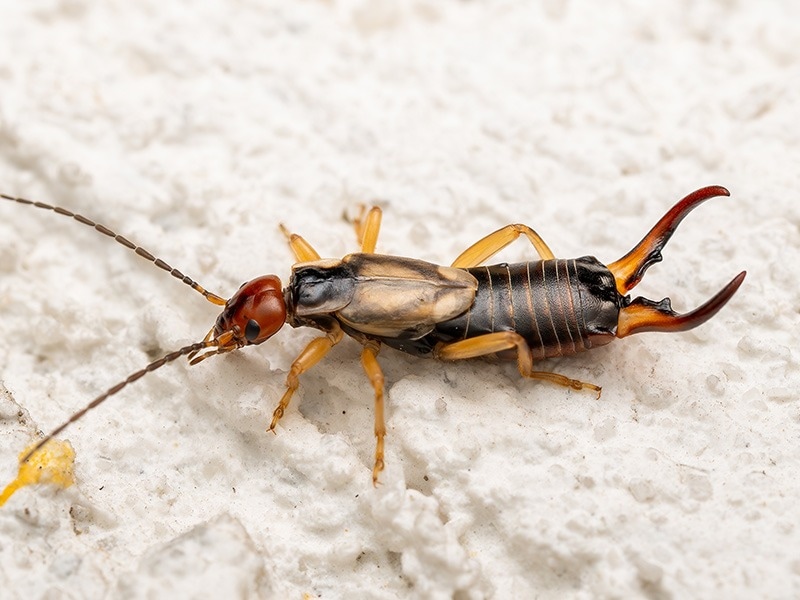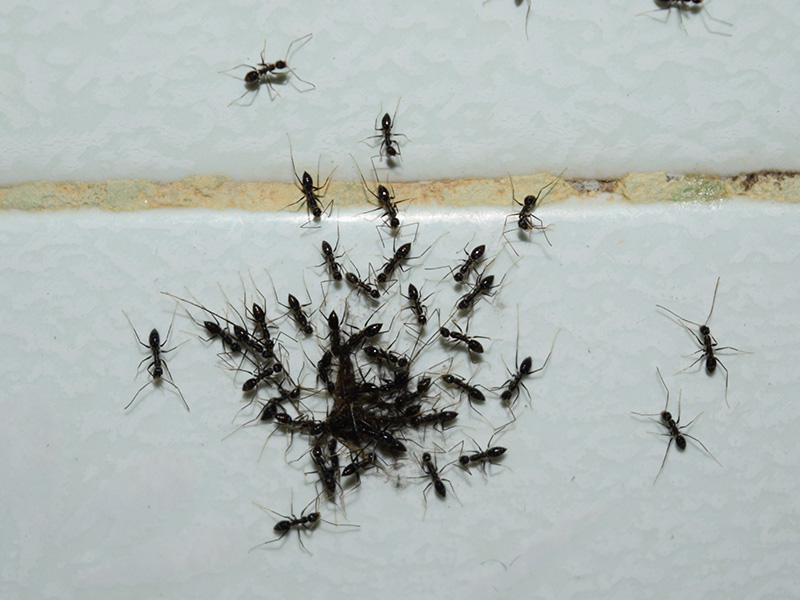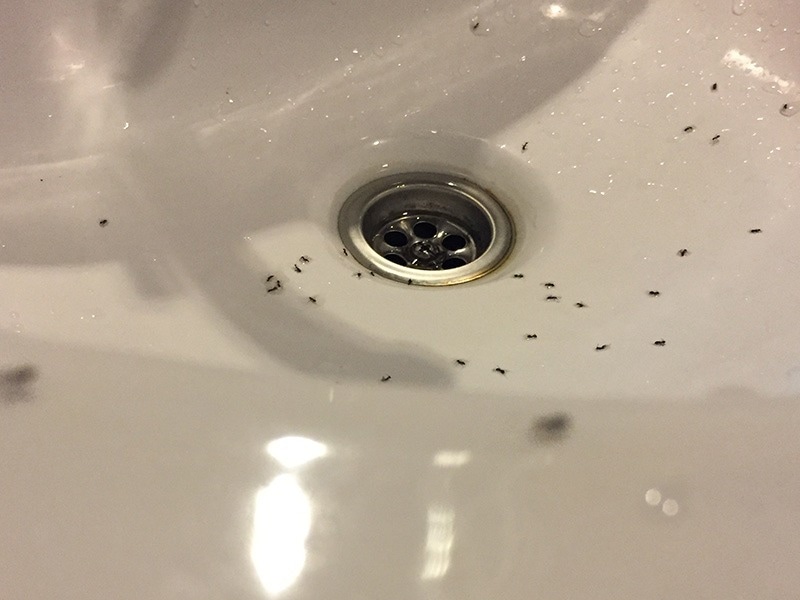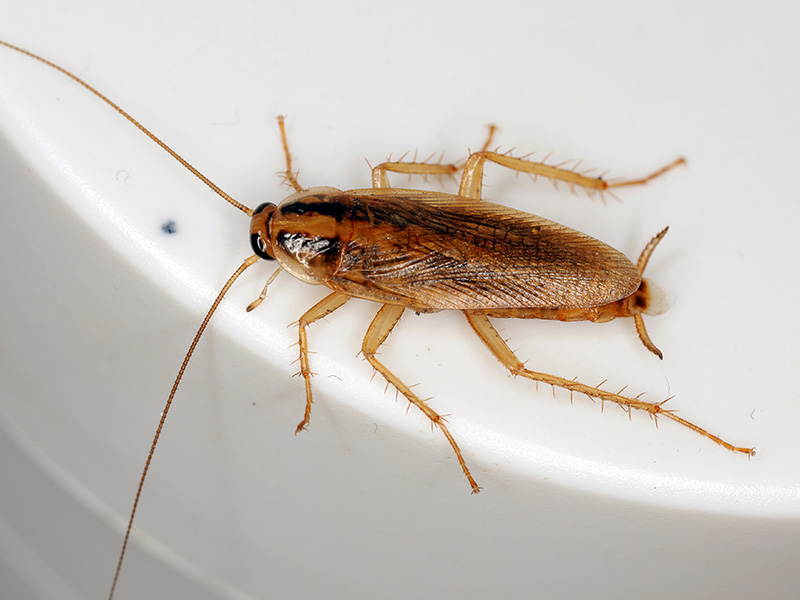Why Spiders Love Jacksonville Homes
Apr 30, 2020
How many times a week do you find yourself tearing down cobwebs, chasing down spiders, or catching a spider watching you from the corner of your home? Although most spiders aren’t dangerous, they’re creepy, obnoxious frequent visitors of Jacksonville homes. Let’s talk about the types of spiders common to this area and what Florida residents can do to prevent spider problems.
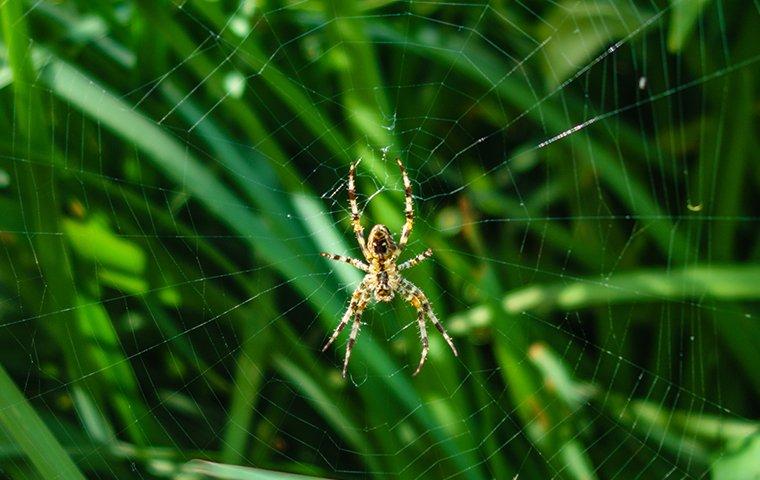
Spiders in Jacksonville
There are a few different species of spiders common to the Jacksonville region. These include:
- Grass spiders – these brown or gray spiders are happiest outside. They build funnel shaped webs in tall grasses, window wells, or steps, and they have light and dark stripes close to their head. They bite when afraid, but their bites are of very low concern to humans.
- Black and yellow garden spider – these large arachnids also prefer the outdoors and are identifiable by their size and the bands of gold and black across their bodies. They rarely make their way indoors and they weave large webs wherever they can. These spiders are undeniably beautiful, but don’t disturb them – the mothers bite, and their bites can be irritating for a few days.
- Cellar spiders – also known as “daddy long legs” these arachnids have smallish bodies and long, spindly legs. Their webs are far less intricate than most spiders. They simply create loose-weaving webs that stack on top of each other. Despite the common myth, these spiders are hardly venomous and can coexist without causing health problems to humans.
- Jumping spiders – These small arachnids are actually quite cute. They usually have brown, black, or sometimes greenish bodies. As their name suggests, they often jump from place to place. These spiders mean no harm – they’re much happier outdoors and their bites are both rare and harmless.
- Black widow spiders – recognizable by the hourglass shape on the females’ bodies, these arachnids are what nightmares are made of. A black widow’s poison is up to 15 times stronger than that of a rattlesnake’s, possibly causing nausea and paralysis to its victims. These spiders aren’t super common to Florida homes, but you’ll recognize them by their full black bodies and webs.
- Brown recluse spiders – like black widows, these venomous arachnids aren’t super common to Florida homes, mostly because they’re not indigenous. Brown recluse spiders, despite their name, come in a range from white to dark brown and black. They are medium sized arachnids with markings on their bodies that, to some people, resemble a violin. Although they aren’t aggressive, they will bite if you get too close, and brown recluse bites can require medical attention because their venom can kill the cells around the bite wound, and spread.
Only the last two are truly dangerous. Still, all spiders are gross. So how can you be keeping them out--so that they can stop freaking you out?
Spider Prevention Tips
Often times, spider infestations are a symptom of another pest issue. Most spiders aren’t attracted to anything your home has to offer. Your food storage is meaningless to them, they can’t eat your foundation, and they have no reason to nest inside versus out. But if your house has ants, moths, mites, or any other insect infestation, these hungry blood suckers will move in.
On top of getting rid of other pests, be sure to seal your house off by caulking windows, sealing doorways, and filling holes in your vents, chimney, and roof. Finally, getting rid of cobwebs in and around the house helps make your home less inviting to arachnids.
Since frequent spiders could be a sign of other pest problems, don’t hesitate to reach out to the experts. Spiders can give homeowners the creeps, and even if they don’t creep you out, they could invite other, more venomous arachnids in. Stop the problem before it gets worse, contact the exterminators at Lindsey Pest Service today.
